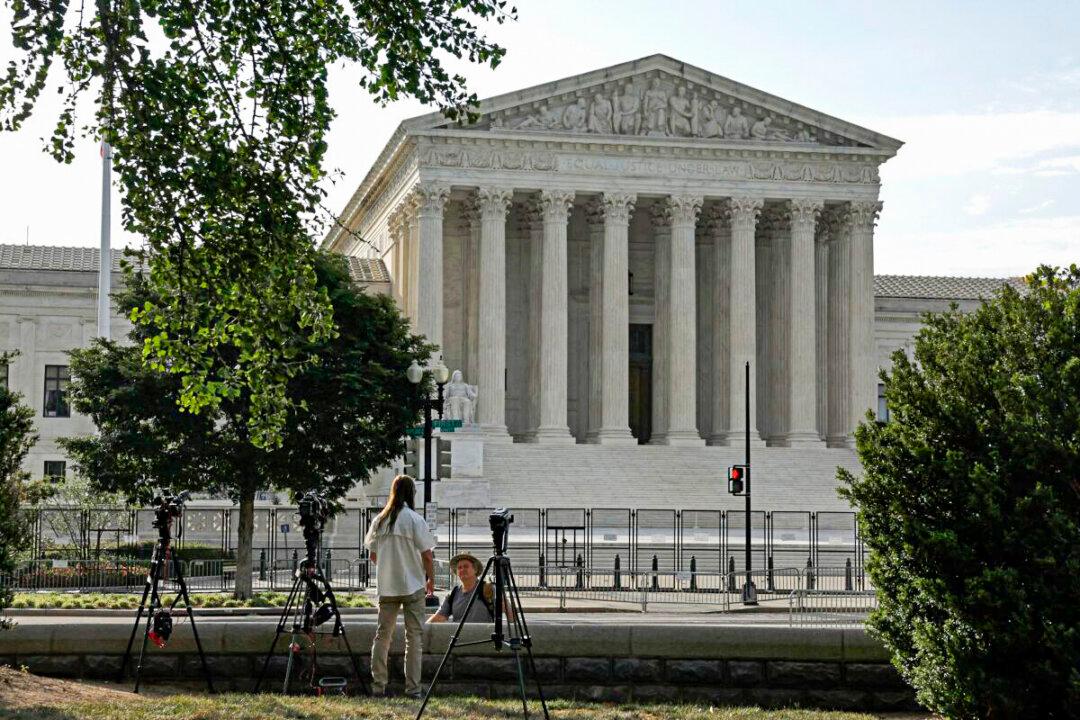Commentary
With the U.S. Supreme Court’s recent 8-1 ruling in Viking River Cruises, Inc. v. Moriana (pdf), limiting the ability for employees to sue under California’s Private Attorneys General Act (PAGA), state lawmakers are faced with a unique opportunity to finally fix a problem that has long weighed our state’s economy down. That is, if they have the courage to do so.





